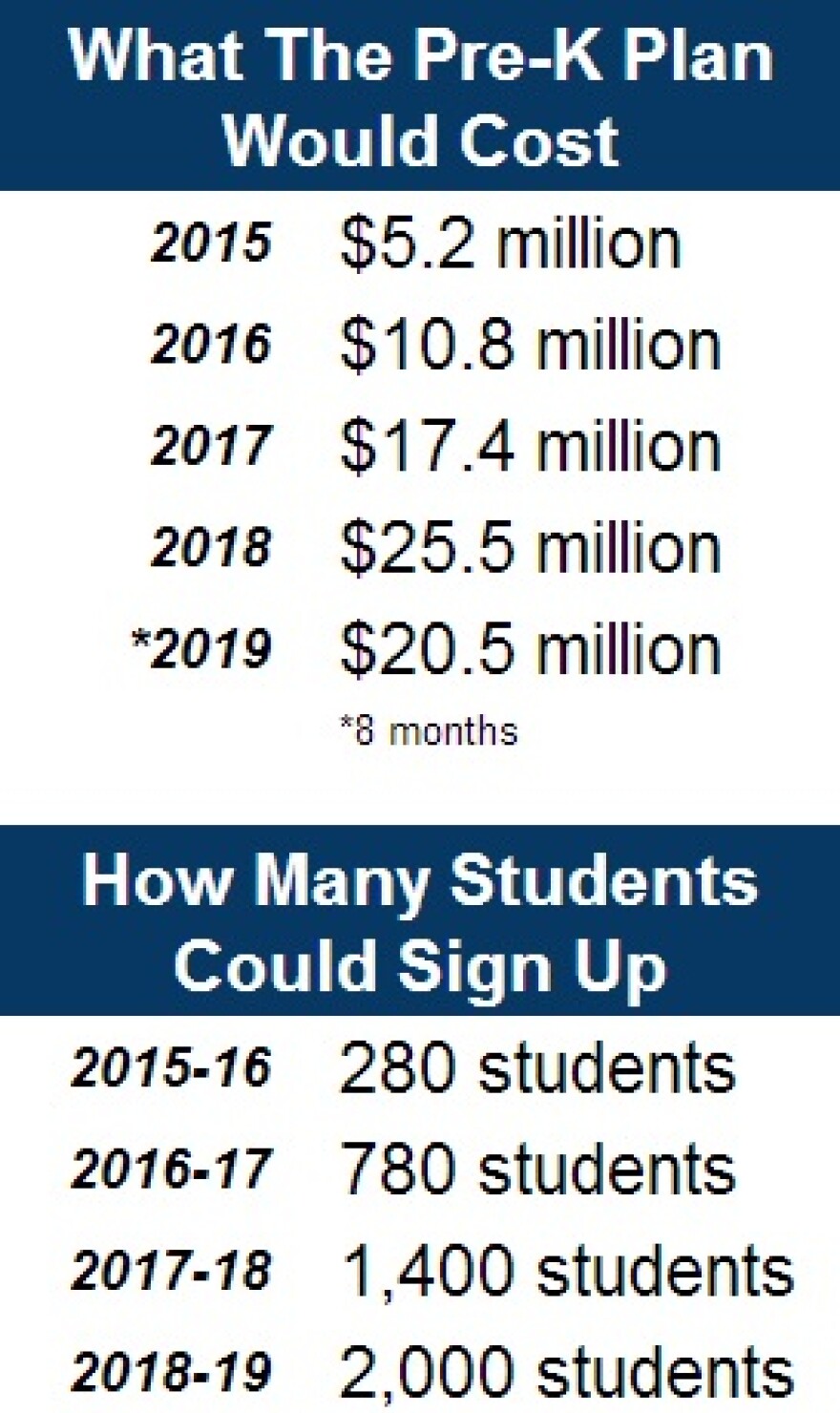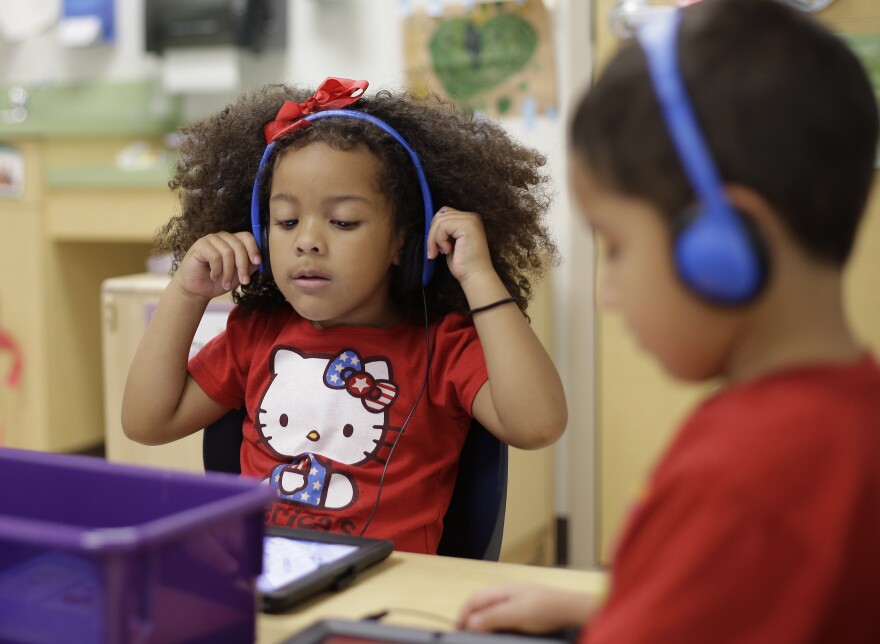"Lattés cost more," said Seattle Mayor Ed Murray of the property tax hike homeowners would see on their monthly bills if voters approve his proposal to expand the city's preschool services.
Under the proposed four-year, $58 billion tax hike, Murray says the average Seattle homeowner would pay an extra $3.60 in property taxes each month to fund a pilot project serving 2,000 mostly low-income preschool-age kids.
City leaders hope the program will eventually serve even some middle-class preschoolers in the future. But that will cost more money, and Murray isn't clear yet on from where that funding will come.
"There is the issue of costs. We're going to have to grow our financial commitment over time as people see the value in this," Murray said last week.
Costs Would Grow With Program

The mayor's plan, which has the support of Seattle City Council President Tim Burgess, calls to levy the same amount of money — $14.5 million — in each of the four years. However, the cost of the program will grow in each of the four years.
In 2015, the first calendar year of the expansion, the proposed program would cost $5.2 million and would serve just 280 students in the 2015-2016 school year.
In 2018, the year by which officials want to serve 2,000 students, the proposed program would cost $25.5 million.
And Murray's plans call for serving even more students. A city-commissioned gap analysis showed anywhere from 3,300 to 4,500 students do not receive any child care services at all.
If the cost per pupil remains steady — providers would be reimbursed $10,700 per student — a program that serves all of those students could easily cost upwards of $35 million annually.
City Has Options For Future Funding
City officials say they plan to take a stepwise approach to expanding the program — assuming, of course, voters approve the four-year plan in November.
"We haven't developed a financial model past that period, because we really want to look at how this initial phase ramp-up goes," said Holly Miller, who heads the mayor's Office for Education.
The program's current budget includes some revenues from state and federal sources. Murray believes the city will have chances to receive more state and federal money for its program in the future.
"I see this as something that will be more than just the city paying for it as we grow this program," the mayor said.
Miller added the city might explore "engaging with foundations or philanthropists that would be involved in helping to develop the system."
"But what we do want to try to do is put in place a sustainable, long-term funding source to support kids over time. That probably doesn't suggest relying on private partnerships," Miller said.







